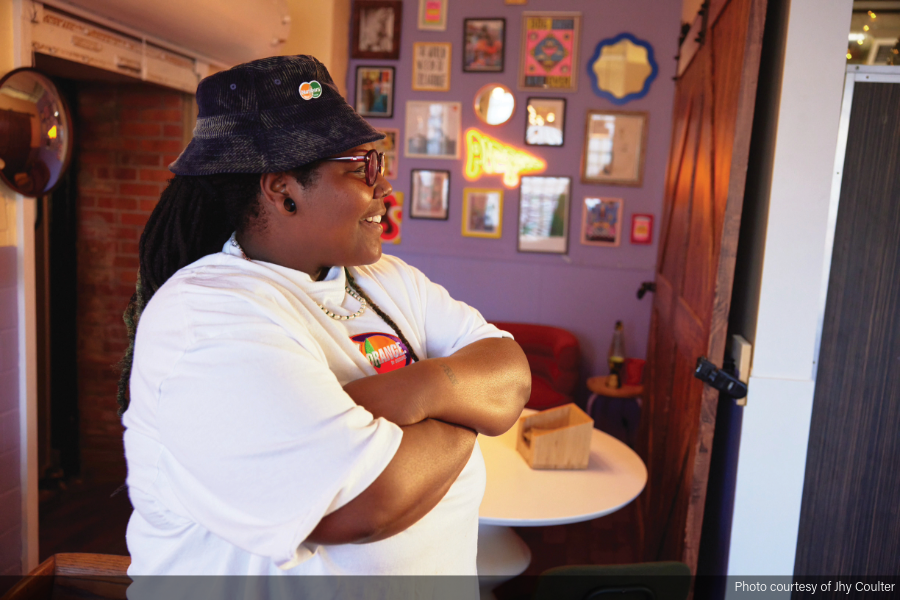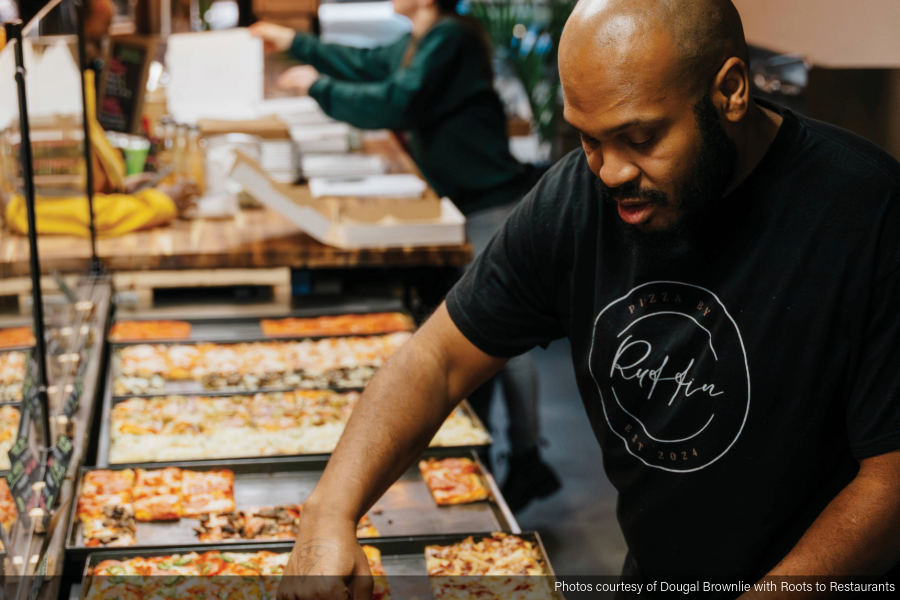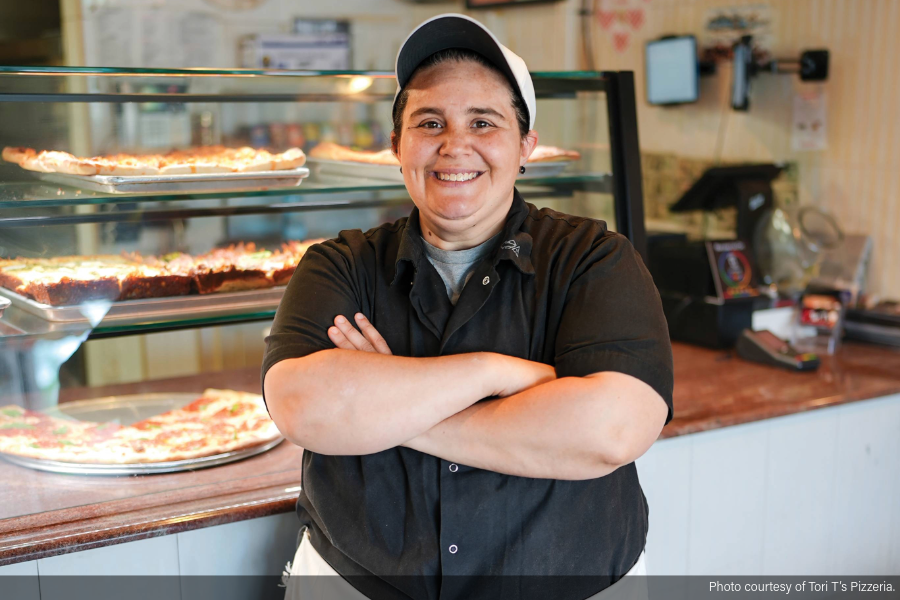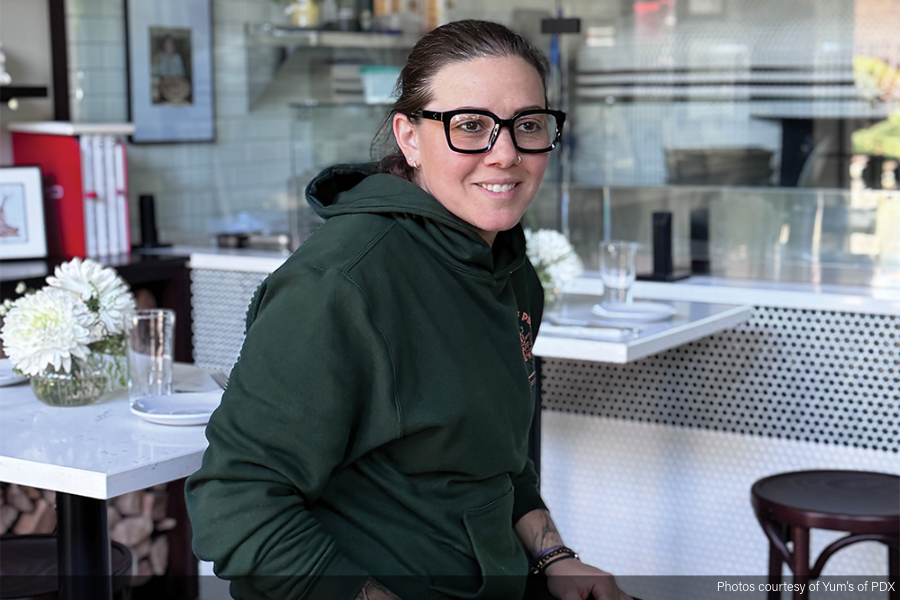 Hiring the right people can make or break your business
Hiring the right people can make or break your business
For reasons well known to pizzeria operators, finding great employees, particularly for entry-level positions, is often “throw-up-your-hands” frustrating. But despite the challenges it’s entirely possible to staff your restaurant with people you can count on to show up, perform to (or exceed) your expectations and keep your business running smoothly and customers returning.
The first step in the hiring process begins with creating clearly defined job descriptions, as well as identifying the skills and characteristics each position requires, says Jan Ferri-Reed, president of Key Group, a Pittsburgh-based HR consulting and management training company. She suggests observing the people who are performing well in their jobs. Along with asking their input on what their position entails, determine what qualities/characteristics these employees have that make them successful. Then, write the job posting and develop the interview based on this information. As for the interview process, Ferri-Reed advises taking a deliberate approach.
“Don’t just wing the interview,” she says. “Follow a standardized format based on the position. This also transmits the expectation of taking the job seriously because the applicant sees that you, the operator, are approaching the hiring process in an organized way.”
Avoid asking yes or no questions, Ferri-Reed cautions. Instead, ask applicants to explain and describe, using scenarios (“Tell me about a time when you…”) to elicit more detailed, revealing responses, which also has the added benefit of discovering how articulate the job seeker is.
Take your time, says Michael Shepherd, owner of Michael Shepherd Consulting, LLC in Belle Center, Ohio. Shepherd, who also owns a restaurant — Six Hundred Downtown, in Bellefontaine, Ohio — says his hiring process starts when someone brings in an application and hands it to the host or manager.
“Were they polite? How were they dressed? Did they smell of smoke? Come in alone? And then we ask all the staff if they know the person, to get some detailed background on them,” says Shepherd.
Other strategies include scouring the application for red flags, such as job-hopping laterally, poor grammar and spelling, school conflicts and so on, he says. Personal references are called and if the applicant survives to this point, the next step is a phone screening to determine basic skills and scheduling availability.
“Then we generally do two interviews; one with the assistant manager to get a first impression and then onto the general manager or myself,” he says. “The questions are designed to get them to open up and talk a lot. We want to know if they’ll be a good match for us and if the job will be a good match for them.”
Some of the questions posed to his applicants include:
- Tell me about yourself.
- What is the funniest thing that has ever happened to you?
- Tell me about a time you had a disagreement with a coworker; how did you resolve it?
Ann Farrell, director of development for Farrelli’s Wood Fired Pizza, a six-location operation headquartered in Tacoma, Washington, says their applicants always undergo at least two face-to-face interviews conducted by different people.
“Professional image is important to Farrelli’s so we want to see if they’re on time and show up each time looking their best,” she explains. Also “develop interview questions that align with your organizational values and culture so you can make sure the personality is a good fit.”
Integrity and doing the “right thing” are essential core values for them, Farrell says. Consequently, one of their initial interview questions is: “Tell me about a time in your life when doing the right thing was not necessarily the easy thing.”
Growth is also important. Their question designed to uncover this core value is, “Tell me about a time in your life you were challenged to do something you weren’t sure you could do. How did you rise to the occasion and what did you learn about yourself?”
“These are big questions and require thoughtfulness; a trait we desire,” Farrell says. “Then, depending on the answers, we can see if the person has the character we’re looking for.”
Farrell says their best staff members provide one of their most effective recruitment tools — “good people know good people”— she explains. Other recruitment possibilities include colleges and high schools, culinary programs, vocational schools and veterans (“If you’re close to a military base, see if they have a program to help get veterans back to work and integrated into civilian life,” she says).
Look for people who respond well to stress, Shepherd says. “A restaurant is a pressure-cooker filled with stress, sweat and different personalities. Everyone must have basic people skills so they can get along well. Everyone also needs to multitask well.”
Don’t try to build your staff with different types of people, he cautions. Doing so could unwittingly result in different “classes” of workers that could pit, for example, servers against cooks, or servers against dishwashers, or dishwashers against cooks.
“Everyone needs to be a people person,” Shepherd explains. “I can train skills like making a pizza, serving or washing dishes. What I can’t do is train intrinsic abilities like multitasking, a good attitude, the ability to learn and common sense.”
Making Incentives Count
Incentives can keep great employees motivated but a thoughtful approach is required. TJ Schier, president of Incentivize Solutions, a hospitality consulting and training company in Flower Mound, Texas, advises operators to:
- Link incentives to business results or performance/behavior improvements. Example: reward employees with a cents-per-hour bonus for lowering food costs or for every incremental sales dollar they bring in (also encourages suggestive selling).
- Regularly evaluate performance. Depending on the position or business/performance objective, this should occur daily, weekly or monthly.
- Ask. Don’t assume you know what employees want. Instead, discover what drives each employee (Schier does say that for most, this will be cash or gift cards).
“Incentives should never be used for paid-to-do things like showing up or coming in full uniform,” says Schier. Don’t think “incentives will get below-average employees to perform better. Incentives will never get the wrong people to do the right thing.”
Pamela Mills-Senn is a freelancer specializing in writing on topics of interest to all manner of businesses. She is based in Long Beach, California.
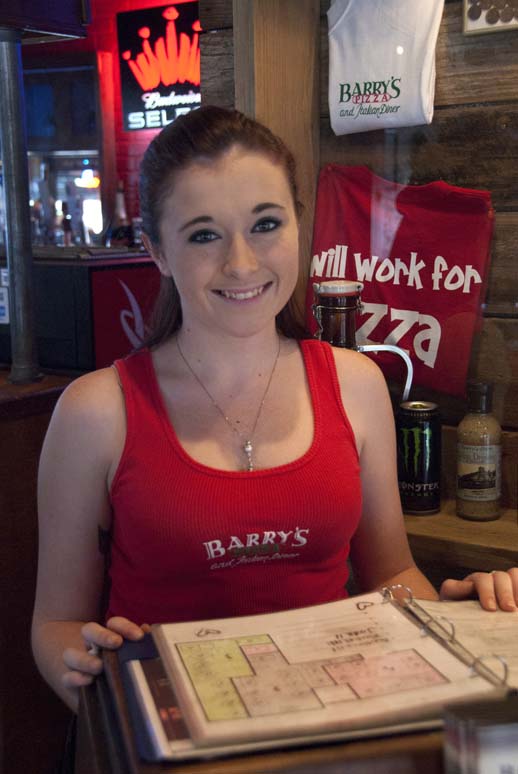
 Hiring the right people can make or break your business
Hiring the right people can make or break your business

